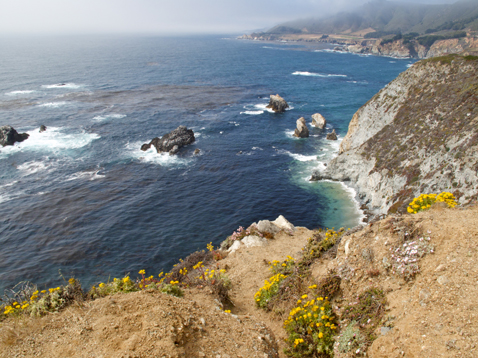I don't want to share her anymore.
Initials traced on sidewalks, birth date carved into wood.
MARGOT WAS HERE, inked on my forehead.
Dropping her name like rain, sprinkled over the city, in grocery stores and preschool and dinners with acquaintances.
Neighbors. Bartender. Old friends.
I have another daughter, I'd lament, with downward eyes, searching for a remedy.
It was like this in the beginning. Shouting, screaming, knees in the mud, heart on my sleeve, anything to feel some sort of connection to her.
For months and a year and more months, I wore her story around me like a cloak, heavy and tattered from the daily grind, dark material, drenched in sadness and anxiety. I didn't care how messy it all appeared. There was no choice to put on the cloak, or to share her, to sprinkle her around the city. Grief doesn't give you a choice. I woke up to life without her every day and that reality felt like all there was.

Somewhere along the ticker I’ve gone quiet. The pulse of my sorrow still beats, steadily, methodically, but sharing her so freely feels uncomfortable now, like it’s a violation of our intimacy.
Shhhhhhh Daddy, I imagine her whispering, they don't need to know.
Suddenly I’m overcome with this urge for privacy, for things left unsaid, for the cloak to whither and fall, for the sidewalks to wash away, for the wood to rot. I want her all to myself. I want the ways she has changed me to be something that I alone know the extent of. I want my thoughts about her kept only for us, sacred secrets between a father and daughter. I want her ashes, the rocks from her river, the remnants from her brief existence to be tucked away, hidden from bystanders, hallowed ground reserved only for a few.
It’s now in the quiet where I find closeness with her, in the whisper of her name, in the privacy of my own thoughts, in the ways in which she has changed me.
Do you ever feel quiet? Do you feel like not sharing your children so much? If so, what brought that on for you? I wonder if some of you might feel somewhat off by the idea of being quiet, of not sharing your chlldren so freely?





